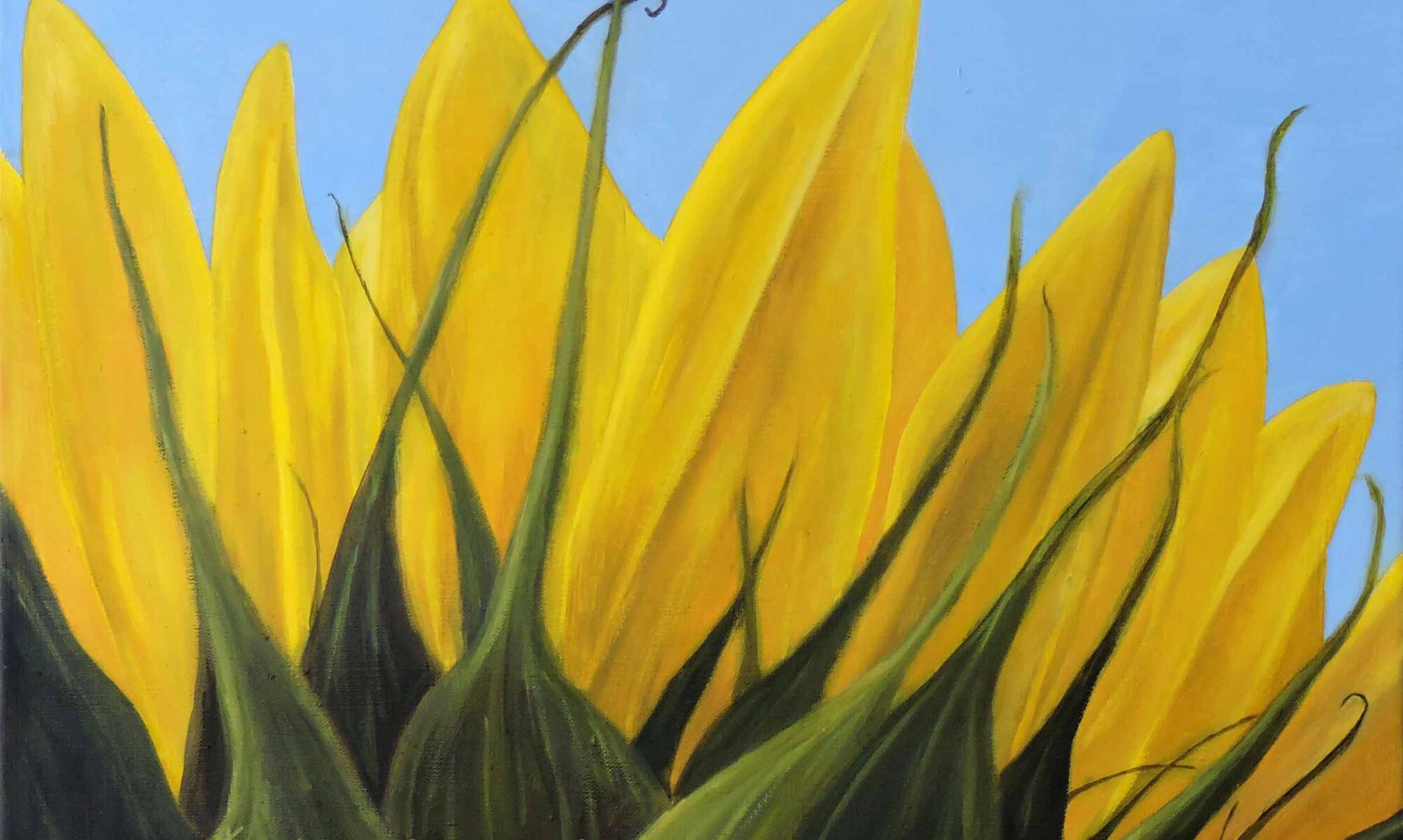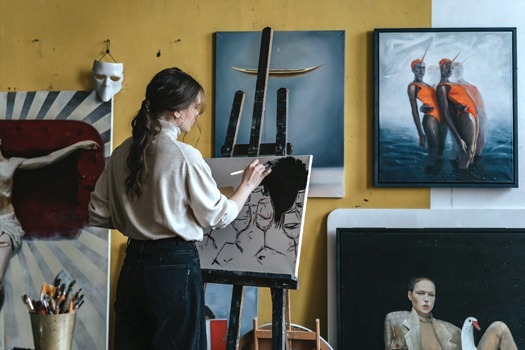
Fine art represents the visual manifestation of human creativity, encompassing both the technical expertise (skill or know-how) and the innovative imagination required for the conception of new ideas.
It’s important to understand that the term “fine” does not refer to the quality of the artwork but rather the purity of the discipline. Thus, fine art encompasses practices like calligraphy, drawing, painting, printmaking, and sculpture, distinguishing itself from applied art, decorative arts, and crafts.
Types of Fine Art
- Drawings—chalk, charcoal, colored wax pencil, crayon, graphite pencil, inked brush, marker, pen and ink, pastel, stylus, or various metals like silverpoint.
- Paintings—acrylic, aerosol paint, enamel, fresco, gouache, hot wax, inks, oils, pastel, tempera, or watercolor.
- Printmaking—engraving, etching, foil imaging, Giclée print, lithography, monoprint, monotype, screen-printing, stenciling, or woodcut.
- Sculpture—clay, glass, metal, plastic, stone, or wood.
- Calligraphy—the art of beautiful handwriting or fancy lettering. (See Calligraphy for more information.)
Fine Art Skills
The creation of fine artworks requires an understanding of art theory, a mastery of design techniques, and proficiency in the use of the tools of the trade necessary for the creation of fine works of art. The essential skills can be honed through various methods. These include, but are not limited to:
- Undertaking apprenticeships with accomplished fine artists.
- Attending college courses at all levels.
- Participating in workshops and classes led by fellow artists.
- Becoming a member of artists’ collectives.
- Studying the works of the Old Masters as well as contemporary fine artists.
Creative Imagination
Creative thinking is the ability to form a mental image of new ideas or concepts not previously conceived or encountered. It involves: (1) visualizing familiar objects or notions in a new light; (2) digging down beneath the surface to discover previously overlooked patterns; and (3) finding connections between seemingly unrelated attributes.
You May Also Like
FROM THE EDITORS: We hope you enjoyed this blog about what fine art is and found it’s information to be useful. We’re sure you’ll enjoy the paintings below too. For more information and details, click or tap the thumbnail link.
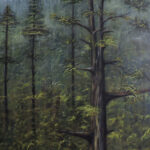
(2023)
24″ w x 36″ h
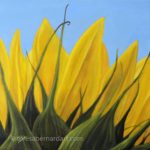
20″ w x 16″ h
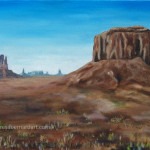
(2009)
16″ w x 12″ h
Art Gallery Quick Links
Flowers | Landscapes | Marine | People
Space Art | Still Life | Wildlife
Additional Reading
More information about this topic and many others can be found in My Artist Blog Index. Check it out!
Your Feedback
“I think you should be complimented for the definition [of fine art] you came up with – it reads as thorough and yet completely understandable to readers who don’t have much experience with fine art. Based on all the sources I checked prior to, and after finding, your website that is quite an achievement. “ — Robert (RA) May, Berkeley CA
Have a question?
If you have a question about this blog, please contact us, and we’ll be happy to answer any of your questions.
Thanks for reading this!
Feel free to share this with your friends.
